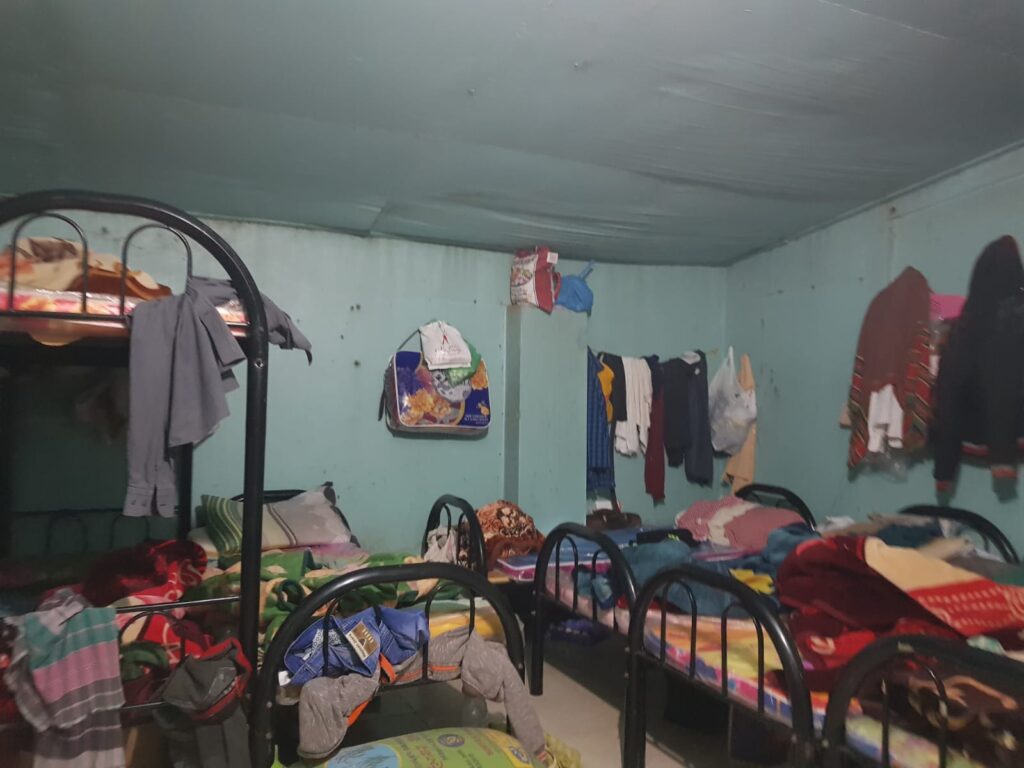This post will be updated regularly.
At least two GCC countries have confirmed cases of COVID-19 (coronavirus) in migrant worker camps. According to sources in Bahrain, two migrants at the Al Moayed Contracting Group labor camp have tested positive for the virus, leading to a lockdown of the camp’s 800 workers.
In Qatar, Official Statement The ministry identified the virus as among foreign residents “living in one housing complex.” The statement did not provide further details, but the sharp increase in confirmed cases, from 24 to 337, suggests the virus is spreading in labor camps.
Several Gulf countries have banned the entry of nationals from multiple countries of origin and have issued multilingual awareness materials targeted at migrant workers: Bahrain’s LMRA, for example, has sent text messages about the virus in multiple languages to all migrants registered in its database, and Qatar has also issued videos and texts in multiple languages.
But it is unclear what additional measures are being taken to prevent the spread of the virus among migrants already in the country.
Most of the region’s low-income migrant workers live in crowded, often unsanitary conditions. Social distancing has been recommended as the best way to curb the spread of infection, but this will be especially difficult for the region’s blue-collar workers, who live in rooms with six to eight people in the best of circumstances.
With many workers already reporting respiratory illnesses due to both the conditions they live and work in, these circumstances make migrants particularly vulnerable to health problems in the best of circumstances and will likely accelerate the spread of the virus.
GCC countries must take prudent measures to protect migrants and stop the spread of the virus, including:
Hold companies responsible for disinfecting accommodation facilities and ensuring safety supplies (e.g. hand sanitizer, tissues, soap, water, masks) are readily available Develop specific recommendations for employers and make them widely available Inspect camps to check compliance and set up hotlines for workers to report non-compliance Identify overcrowding and decongest accommodation facilities Raise worker awareness and reassure workers that they will not be deported or lose their jobs if they report sick Provide workers with advice on protective measures and reporting procedures in their language Ensure and clearly communicate that undocumented migrant workers can access health services without fear of fines or deportation Continue paying migrants who are unable to work due to preventive quarantine or testing positive for COVID-19 Set up easily accessible testing centers for workers who feel unwell Carry out testing in particularly cramped detention and deportation camps Ensure transport and access to areas where workers are held to prevent them from being isolated and the spread of the virus
It is not yet clear what the long-term effects of the infection will be, so GCC countries will need to address any care and treatment that workers may require in the future.

